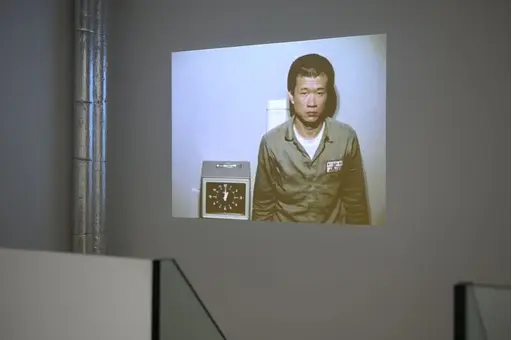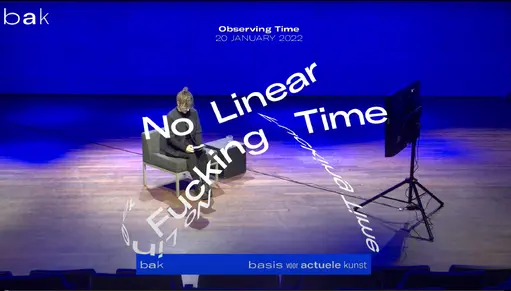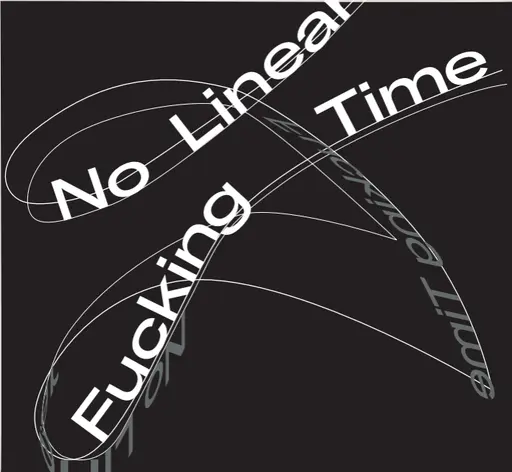
until 28 February 2023
Observing Time
Join BAK, basis voor actuele kunst, Utrecht online on 20 January 2022 for a conversation with performance artist Tehching Hsieh, currently taking part in BAK’s project No Linear Fucking Time, writer Amelia Groom, and writer and curator Adrian Heathfield. The conversation takes Hsieh’s work as a starting point in addressing performative time, labor time, gaps, and rhythms of endurance, among other things.
Hsieh’s series of “one year” pieces, including Outdoor Piece (1981–1982), Cage Piece (1978–1979), and Time-Clock Piece (1980–1981), each set up a different set of seemingly impossible time- and situation-based conditions for the artist to follow. Through their unfolding they demonstrate how personal experiences of time are strongly dependent on social and environmental conditions; they also give form to the passing of time through documentation of grueling endurance. Time-Clock Piece, included in No Linear Fucking Time at BAK, is a six-minute video accompanied by a set of instructions that documents the artist’s punching of a time-clock every hour, on the hour, for an entire year. Hsieh described his experience over the year as beyond exhaustion, one of constant anxiety and anticipation. It is hard not to see the prescience in this kind of “time keeping” in terms of present-day globalized labor and logistical dynamics, from Amazon to Foxconn.
Groom writes, in an essay on this work: “while the imposed mechanical structure of clock-time is perversely obeyed across an entire annual cycle, other temporal measures are completely disregarded. Diurnal rhythms of light and dark, as well as the body’s circadian rhythms of healthy sleep patterns, are bypassed. . . . so that Tehching’s performance is one of being always right on time while also becoming totally out of synch with the rest of the world.”
In this online discussion Groom—who is co-editor of the “No Linear Fucking Time” focus of BAK’s digital forum Prospections—and Heathfield—who is a scholar, freethought collective member, and the author of Out of Now: The Lifeworks of Tehching Hsieh (2008)—speak along with Hsieh, incorporating their own scholarship and critical work on linear and nonlinear time in performance, labor, and social life.
Groom writes, in an essay on this work: “while the imposed mechanical structure of clock-time is perversely obeyed across an entire annual cycle, other temporal measures are completely disregarded. Diurnal rhythms of light and dark, as well as the body’s circadian rhythms of healthy sleep patterns, are bypassed. . . . so that Tehching’s performance is one of being always right on time while also becoming totally out of synch with the rest of the world.”
In this online discussion Groom—who is co-editor of the “No Linear Fucking Time” focus of BAK’s digital forum Prospections—and Heathfield—who is a scholar, freethought collective member, and the author of Out of Now: The Lifeworks of Tehching Hsieh (2008)—speak along with Hsieh, incorporating their own scholarship and critical work on linear and nonlinear time in performance, labor, and social life.

